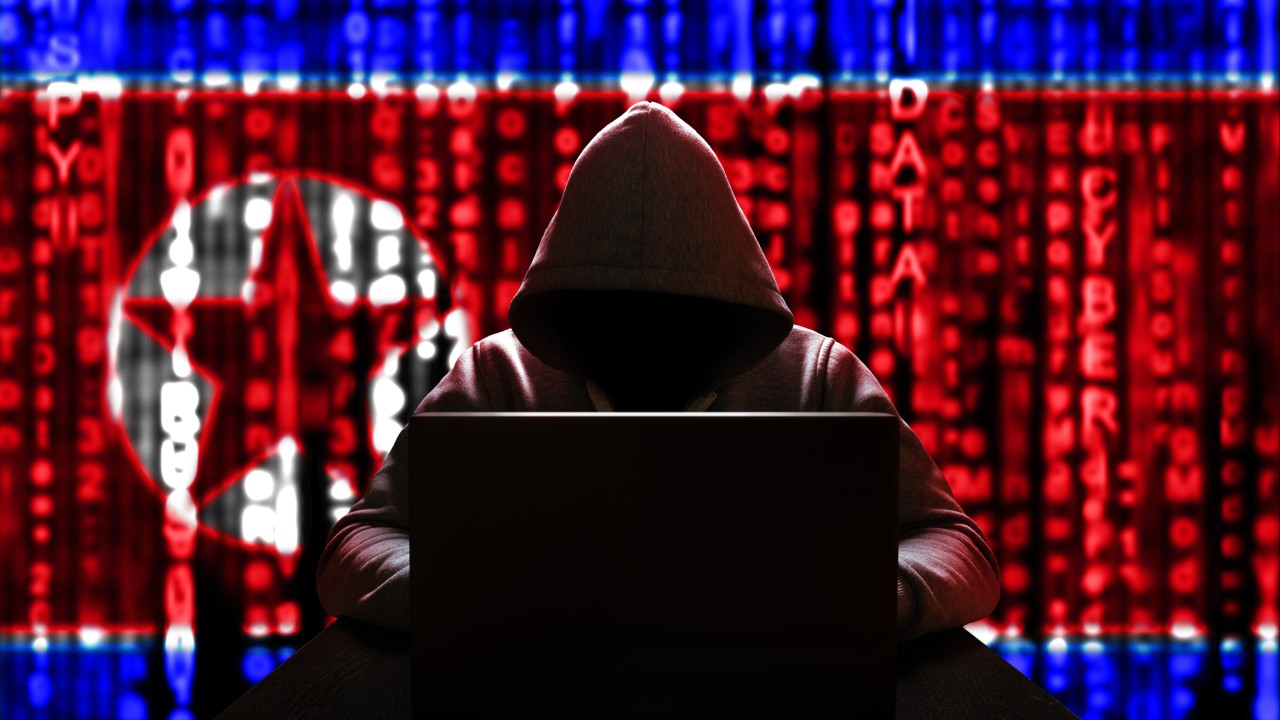North Korean hackers sharing money-laundering networks in Southeast Asia: UN report
[ad_1]

North Korean hackers are sharing money-laundering and underground banking networks with fraudsters and drug traffickers in Southeast Asia, according to a United Nations report, with casinos and cryptocurrency exchanges emerging as key venues for organised crime.
The UN Office of Drugs and Crime (UNODC) said without elaborating it had observed “several instances” of such sharing in the Mekong area – which includes Myanmar, Thailand, Laos and Cambodia – by hackers including North Korea’s Lazarus Group.
The UNODC said it had identified the activity via analysis of case information and blockchain data.
From love scams to fake jobs, Asia-Pacific is new ‘ground zero’ for cybercrime
From love scams to fake jobs, Asia-Pacific is new ‘ground zero’ for cybercrime
Contacted by phone about the UNODC report published on Monday, a person at North Korea’s mission to the UN in Geneva said, without giving his name, that he was “not familiar with the issue” and that previous reporting on Lazarus was “all speculation and misinformation”.
Lazarus, which the United States has said is controlled by North Korea’s primary intelligence bureau, has been accused of involvement in a string of high-profile cyberheists and ransomware attacks. Funds stolen by North Korean hackers are a key source of funding for Pyongyang and its weapons programmes.
The UNODC report said Southeast Asia’s casinos and junkets, which facilitate gambling by high-wealth players, as well as unregulated cryptocurrency exchanges, had become “foundational pieces” of the banking architecture used by organised crime in the region.
Casinos have proven “capable and efficient in moving and laundering massive volumes” of crypto and traditional cash undetected, it said, “creating channels for effectively integrating billions in criminal proceeds into the formal financial system”.
Myanmar scam networks evade Chinese crackdown as battle along border continues
Myanmar scam networks evade Chinese crackdown as battle along border continues
The junket sector has been infiltrated by organised crime for “industrial-scale money laundering and underground banking operations”, with links to drug trafficking and cyberfraud, the report said.
It cited licensed casinos and junket operators in the Philippines which helped launder around US$81 million stolen in a cyber-attack on Bangladesh’s Central Bank in 2016, which was attributed to the Lazarus Group.
The proliferation of casinos and crypto have “supercharged” organised crime groups in Southeast Asia, UNODC Regional Representative for Southeast Asia and the Pacific Jeremy Douglas told Reuters.
“It’s no surprise sophisticated threat actors would look to leverage the same underground banking systems and service providers,” he said.
[ad_2]
Source link


 Free spins for beginners
Free spins for beginners